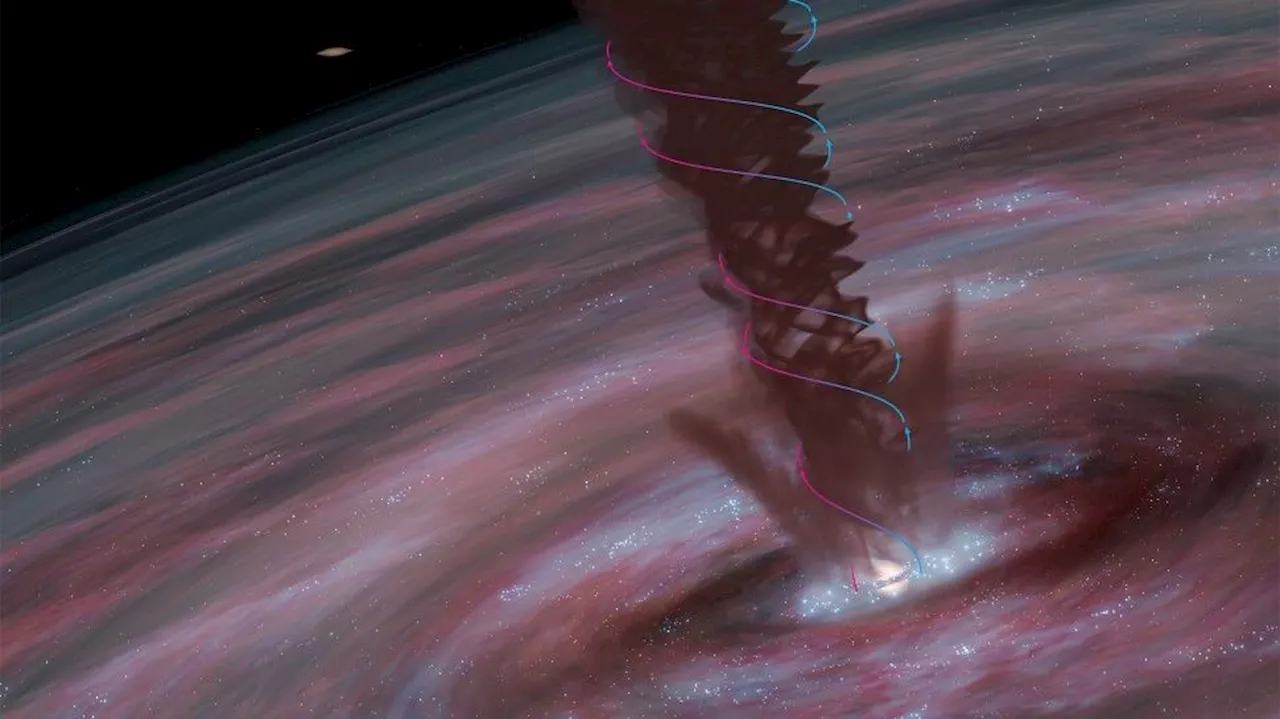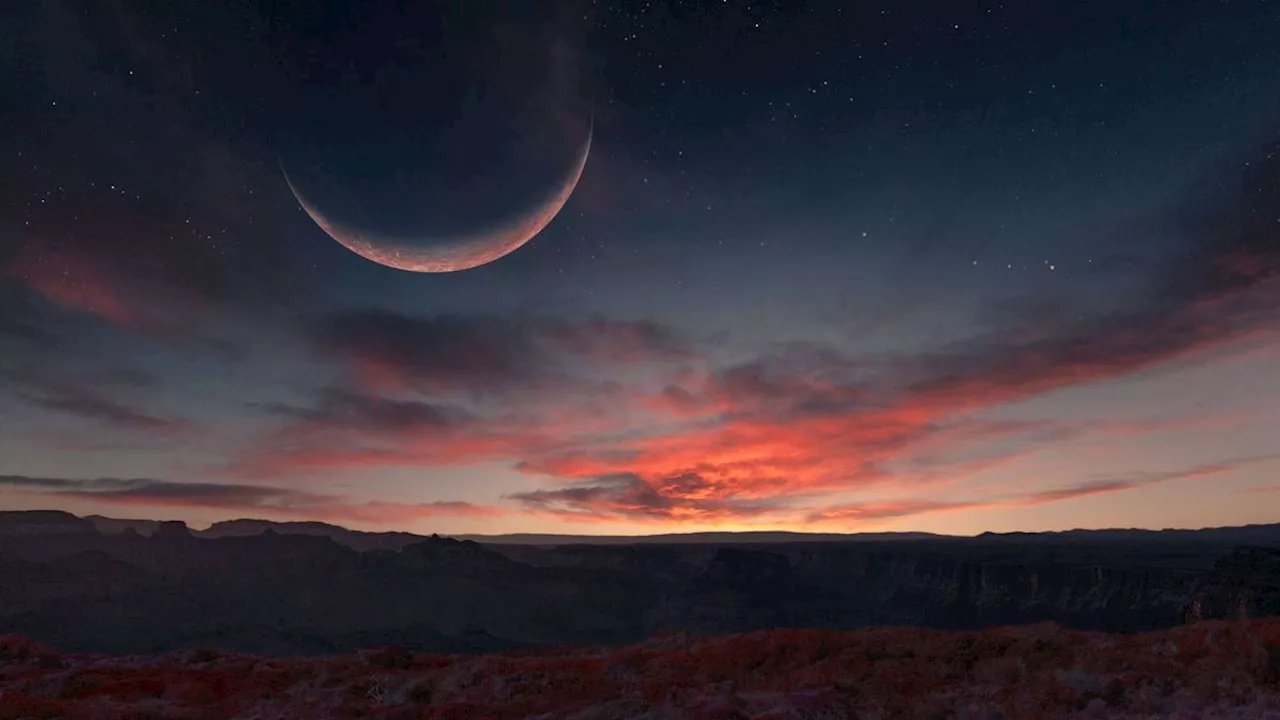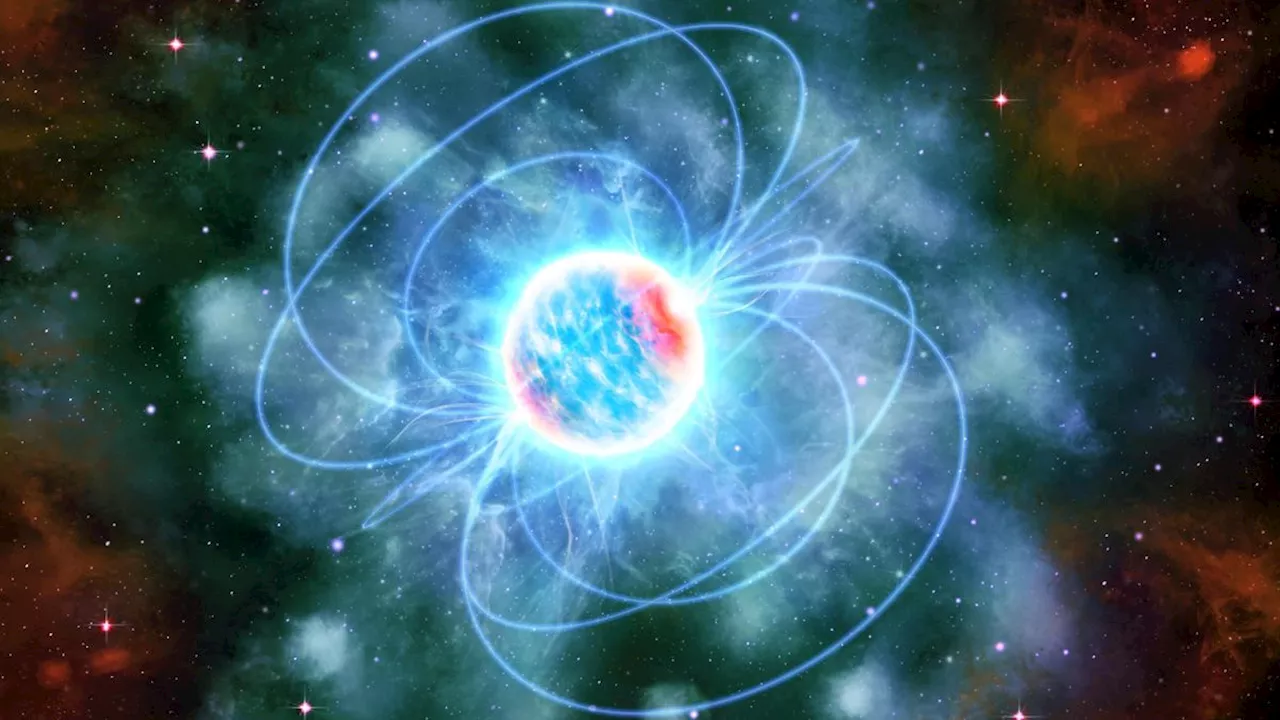Keith Cooper is a freelance science journalist and editor in the United Kingdom, and has a degree in physics and astrophysics from the University of Manchester.
Low-temperature hydrothermal vents could survive on the dark ocean floors of moons like Jupiter's Europa for potentially billions of years, new computer simulations have shown, as astrobiologists strive to figure out whether these alien oceans could be habitable.
"The flow of water through low-temperature venting is equivalent, in terms of the amount of water being discharged, to all the rivers and streams on Earth, and is responsible for about a quarter of Earth's heat loss," said Andrew Fisher of the University of California, Santa Cruz , in aand Enceladus.
Applying this circulation model to Europa and Enceladus, the researchers altered properties such as gravity, temperature, the composition of the bedrock and how deep the water circulates, to better fit potential conditions on the ocean moons.
United States Latest News, United States Headlines
Similar News:You can also read news stories similar to this one that we have collected from other news sources.
 Minnesota United hands DC United seventh straight loss with 3-1 victoryTani Oluwaseyi scored in the first half, Robin Lod and Kervin Arriaga added second-half goals and Minnesota United dealt D.C. United its seventh straight defeat with a 3-1 victory.
Minnesota United hands DC United seventh straight loss with 3-1 victoryTani Oluwaseyi scored in the first half, Robin Lod and Kervin Arriaga added second-half goals and Minnesota United dealt D.C. United its seventh straight defeat with a 3-1 victory.
Read more »
 Why is mystery object Cygnus X-3 so bright? Astronomers may now have the answerKeith Cooper is a freelance science journalist and editor in the United Kingdom, and has a degree in physics and astrophysics from the University of Manchester.
Why is mystery object Cygnus X-3 so bright? Astronomers may now have the answerKeith Cooper is a freelance science journalist and editor in the United Kingdom, and has a degree in physics and astrophysics from the University of Manchester.
Read more »
 Magnetic vortices may help feed supermassive black holes. Here's howKeith Cooper is a freelance science journalist and editor in the United Kingdom, and has a degree in physics and astrophysics from the University of Manchester.
Magnetic vortices may help feed supermassive black holes. Here's howKeith Cooper is a freelance science journalist and editor in the United Kingdom, and has a degree in physics and astrophysics from the University of Manchester.
Read more »
 Why smaller planets are better at building large moonsKeith Cooper is a freelance science journalist and editor in the United Kingdom, and has a degree in physics and astrophysics from the University of Manchester.
Why smaller planets are better at building large moonsKeith Cooper is a freelance science journalist and editor in the United Kingdom, and has a degree in physics and astrophysics from the University of Manchester.
Read more »
 How neutron stars 'playing it cool' could unlock exotic physicsKeith Cooper is a freelance science journalist and editor in the United Kingdom, and has a degree in physics and astrophysics from the University of Manchester.
How neutron stars 'playing it cool' could unlock exotic physicsKeith Cooper is a freelance science journalist and editor in the United Kingdom, and has a degree in physics and astrophysics from the University of Manchester.
Read more »
 Hubble Telescope bounces back with glorious galaxy pic in '1-gyroscope mode'Keith Cooper is a freelance science journalist and editor in the United Kingdom, and has a degree in physics and astrophysics from the University of Manchester.
Hubble Telescope bounces back with glorious galaxy pic in '1-gyroscope mode'Keith Cooper is a freelance science journalist and editor in the United Kingdom, and has a degree in physics and astrophysics from the University of Manchester.
Read more »
